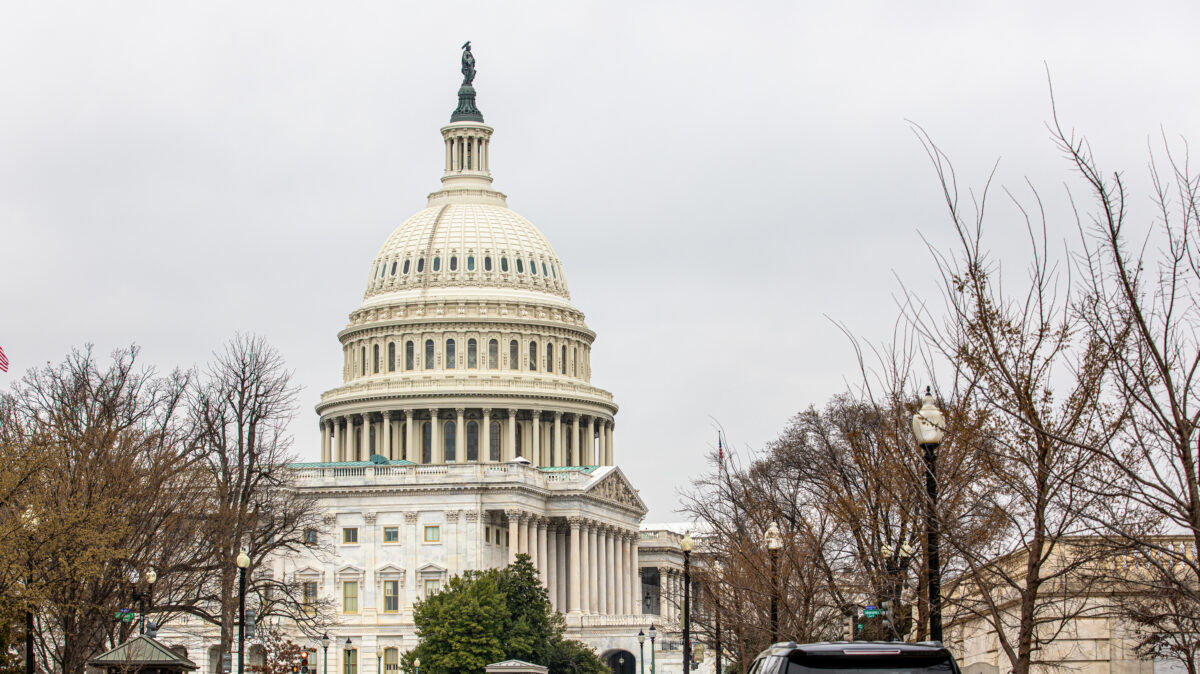Farm Bureau Asks for Additional PPP Provisions in the HEALS Act
TOPICS
Covid-19Erin Anthony
Director, Communications

photo credit: AFBF Photo, Philip Gerlach
Erin Anthony
Director, Communications
Though the Senate’s Health, Economic Assistance, Liability Protection and Schools Act would help more farmers and ranchers participate in the Paycheck Protection Program, the American Farm Bureau Federation is calling for additional changes to make the PPP truly workable for those involved in agriculture.
In drafting their follow-up to the CARES Act, Senate Republicans included the Farm Bureau-backed Paycheck Protection for Producers Act, which would allow farmers and ranchers who file a Schedule F to apply for a loan based on 2019 gross receipts, rather than net profits.
Allowing farmers to apply for PPP loans based on 2019 gross receipts will significantly expand the eligibility pool, AFBF President Zippy Duvall said in a letter to Senate Majority Leader Mitch McConnell (R-Ky.), Senate Minority Leader Chuck Schumer (D-N.Y.), Senate Small Business and Entrepreneurship Committee Chairman Marco Rubio (R-Fla.) and Senate Small Business and Entrepreneurship Committee Ranking Member Ben Cardin (D-Md.).
The bill’s provisions related to streamlining the loan forgiveness process for loans under $150,000 and providing Farm Credit service institutions access to the set-aside for small financial lenders would also help farmers and ranchers.
In addition, AFBF is asking lawmakers to provide certainty that all H-2A workers in the United States qualify as employees under the PPP and that wages paid to these employees are eligible for loan forgiveness. The group asked that PPP funds used to offset costs associated with farmworker housing and transportation be eligible for forgiveness as well.
“Many growers provide housing for agricultural employees that will need to be modified to comply with federal health and safety guidelines. In some instances, growers may need to secure additional housing entirely. Growers have also taken steps to mitigate the spread of COVID-19 by limiting vehicle occupancy as workers travel to and from worksites each day, requiring growers to rent additional vehicles. These modifications have resulted in unplanned housing and transportation costs,” Duvall explained in the letter.
Farm Bureau is also urging Congress to clarify that expenses incurred while operating a business under a PPP loan are deductible as normal and customary business expenses for income tax purposes.
“To do otherwise would have the effect of taxing the loan amount and interest loan assistance as income, the exact opposite of congressional intent,” Duvall wrote.
For a more detailed analysis of the PPP provisions in the Senate’s HEALS Act and the House-passed Health and Economic Recovery Omnibus Emergency Solutions Act, see this recent Market Intel.
The House passed the HEROES Act in May. Once the Senate approves the HEALS Act, the two chambers will negotiate a single bill to send to the president for his signature.
Trending Topics
VIEW ALL